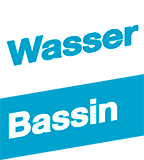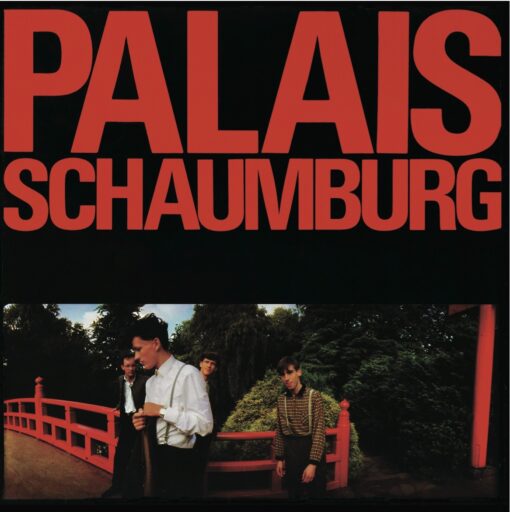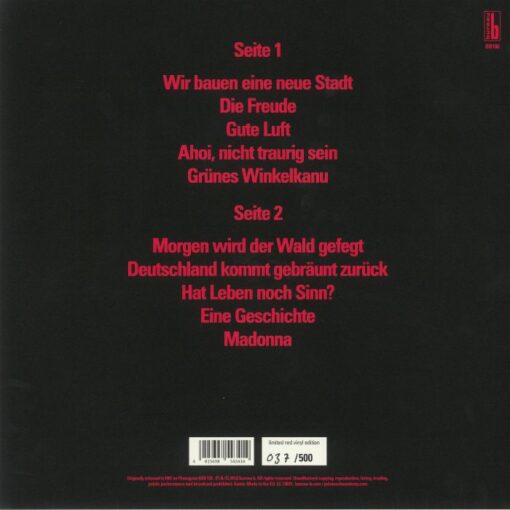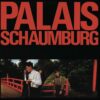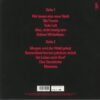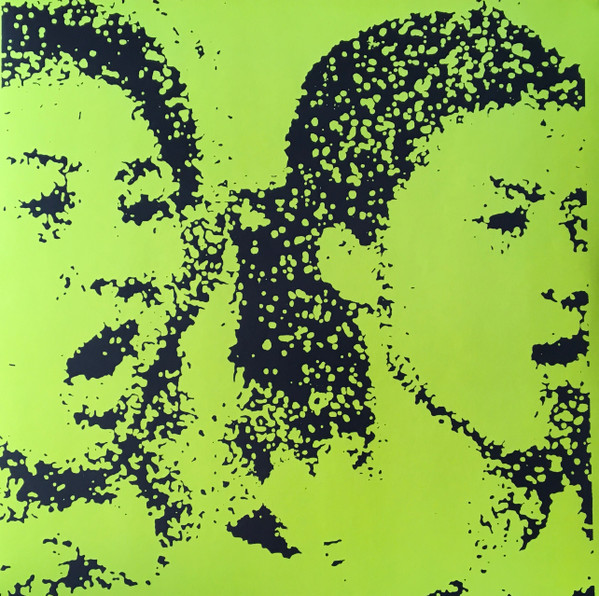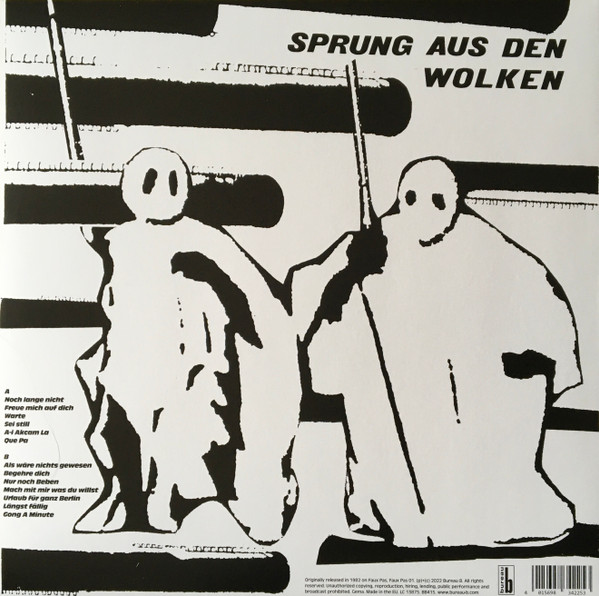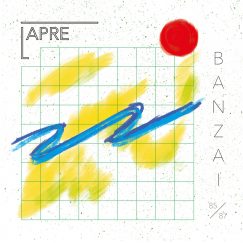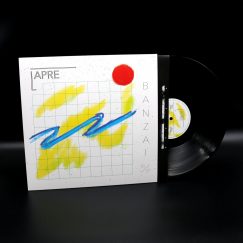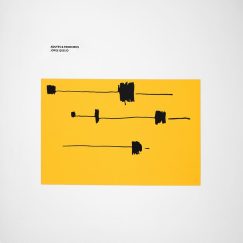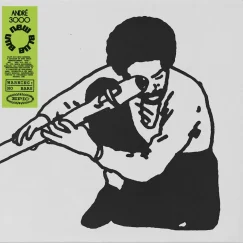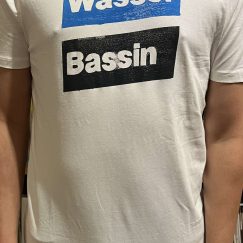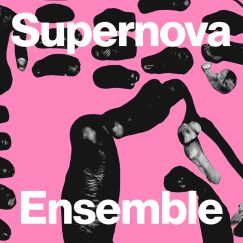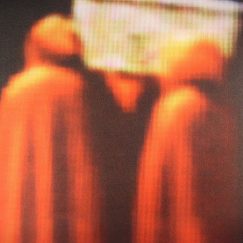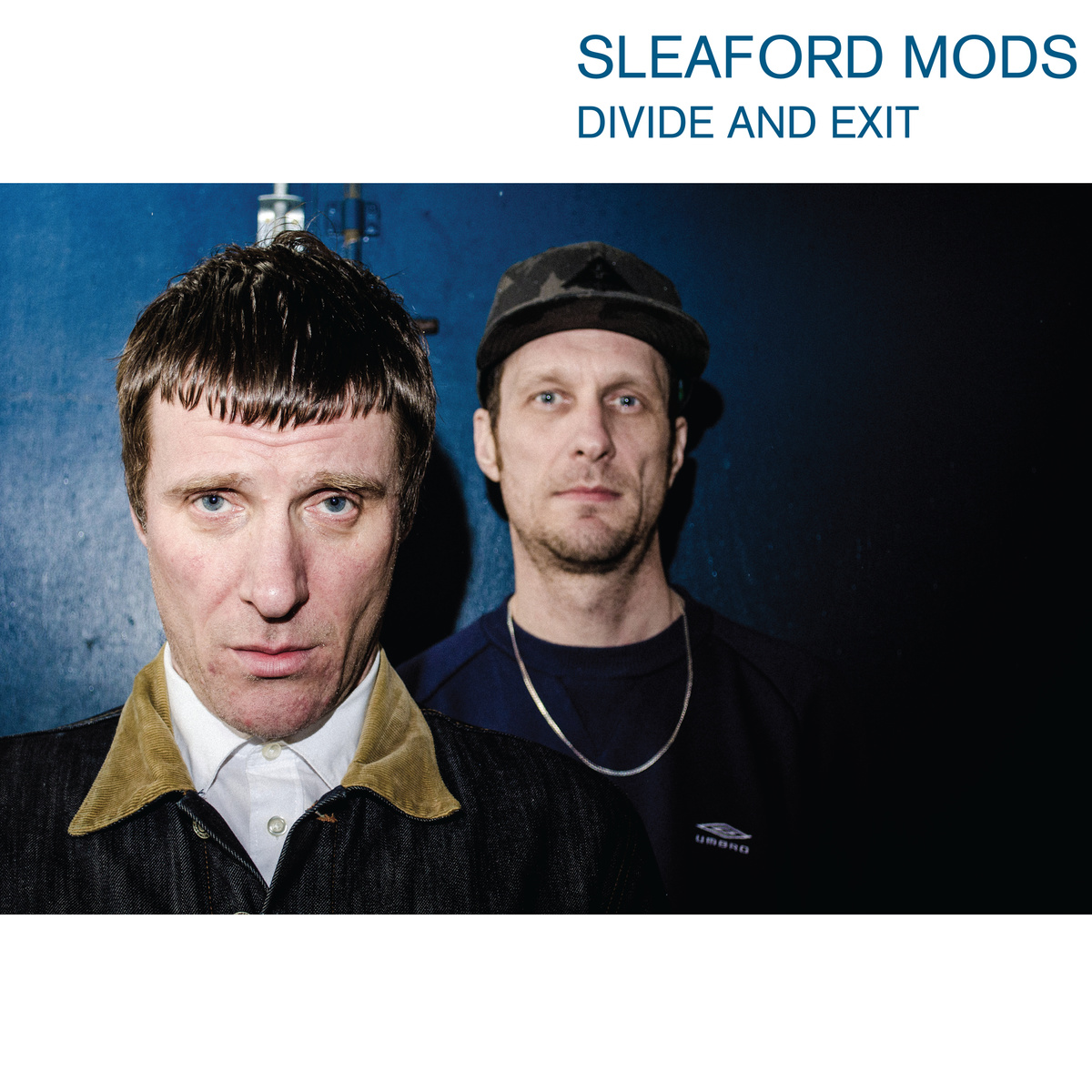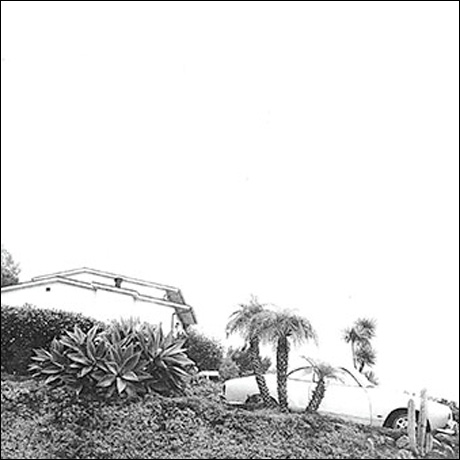In 1980, two students met at the Hamburg Art Academy: Thomas Fehlmann, who appreciated art and music and wanted to connect them, and the musician Holger Hiller, who had escaped the fractious Hamburg alternative scene, preferring the art school’s Conservatory of Music.
The spirit of the early New German Wave blew through the country, the first independent labels vied for innovative artists, and the West German post-punk scene began to take shape. Hiller and Fehlmann brought in FM Einheit (from the band Abwärts) on drums and the Californian Chris Lunch on bass. But only shortly after the first single, with Timo Blunck’s bass riffs and the adept drumming of Ralf Hertwig, did the band establish its classic lineup.
Palais Schaumburg played numerous gigs in this lineup and recorded a second single (Telefon) – then on the indie label Zick Zack. The recording of the album was enhanced by the British producer David Cunningham (Flying Lizards). Soon the music giant Phonogram came along waving a contract. Though it was predictable that the album would not exactly be a commercial success, its special position in German pop music soon became clear. The attention the album received was considerable, given the “awkwardness” of the music. Even abroad, the qualities of the quartet did not go amiss, especially in the Netherlands and Great Britain. These days, alongside to the central works of the famous Krautrock bands, it is one of the most sought-after albums of German avant-garde music internationally.
A printed English translation of the lyrics perhaps contributed to album’s high profile abroad, as certainly did the appearance of the band: with shaved-up necks, side partings and traditional German jackets, Palais Schaumburg took a stance against the clothing habits of the punks on the one hand, and the peace movement on the other, toying provocatively with supposedly Ur-Germanic symbols and meanings. The intention was not merely to be acoustically “different.”
Bureau B
Additional information
| Weight | 350 g |
|---|---|
| Dimensions | 32 × 0.3 × 32 cm |
| Artist | |
| Label | |
| Genre |
